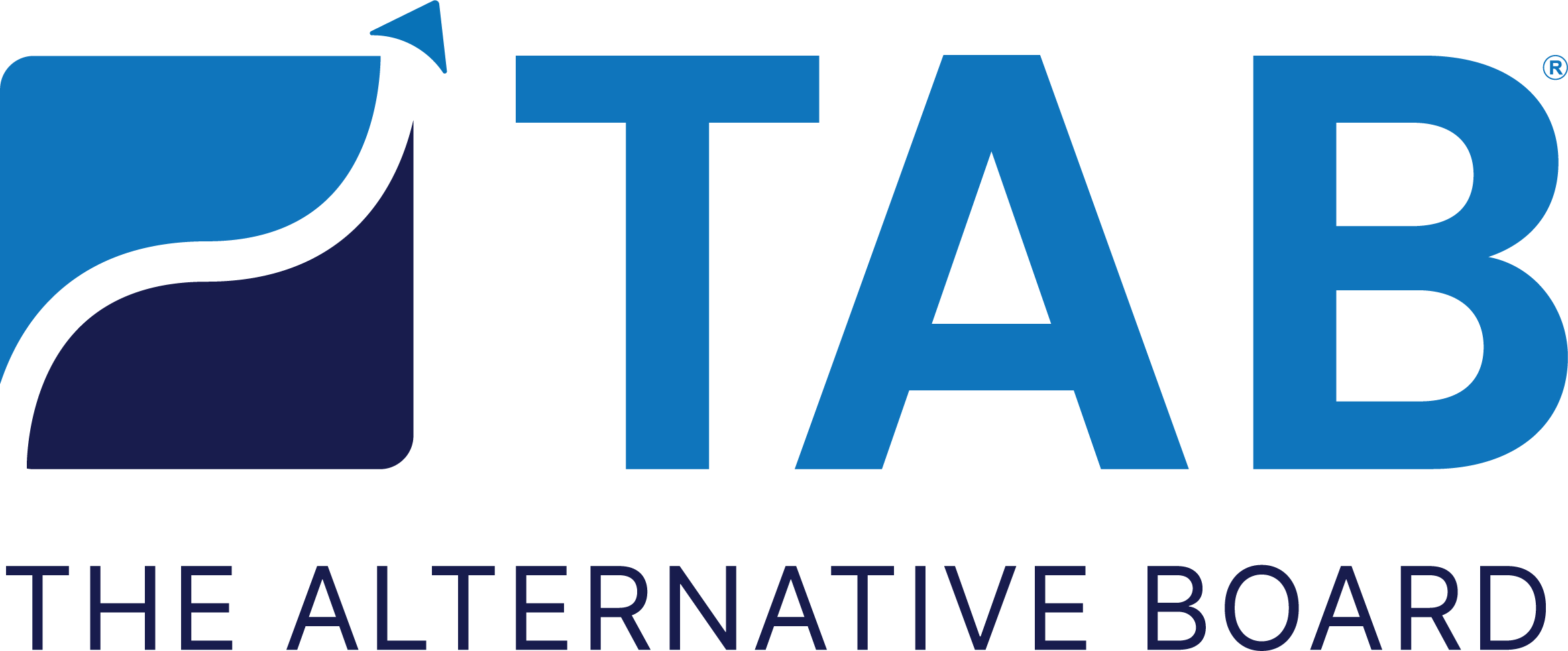U.S. Department of Labor Finalizes Independent Contractor Regulations: A Guide for Employers
In a significant development for businesses nationwide, the U.S. Department of Labor (DOL) has finalized regulations concerning the classification of independent contractors. These guidelines, encompassing six factors vital for legal compliance, present a more nuanced approach for employers to navigate the often complex landscape of worker classification.
Legal Compliance: Nature and Degree of Control
Arguably the most noteworthy change in the final rule revolves around factor four - the "nature and degree of control." The DOL emphasizes that control necessary for compliance with “specific” legal requirements does not automatically indicate an employer-employee relationship. In other words, businesses can implement measures to adhere to state, federal, tribal, or local laws without jeopardizing a worker's classification.
However, a word of caution is embedded within the regulation: if an employer extends control beyond the specific legal obligations for its convenience, this additional control will influence the analysis. Therefore, businesses engaging independent contractors must ensure that any control exerted is genuinely required to comply with explicit legal mandates.
Factor Two: Relative Investments
The final rule refines factor two, relative investments, by clarifying that the DOL will not compare investments on a dollar-for-dollar basis or consider the absolute size of the employer. Instead, it will focus on examining whether the worker makes "similar types of investments" that suggest an independent operation. This shift provides employers with a more flexible framework for evaluating the nature of investments, encouraging a holistic perspective.
Tools and Equipment
Addressing tools and equipment, the final rule specifies that costs unilaterally imposed by the employer could lead to the classification of the worker as an employee. On the other hand, tools purchased by the worker independently may suggest a greater degree of independence. This clarification underscores the importance of respecting the autonomy of independent contractors in choosing and utilizing their tools.
Earning More by Working More
The rule adjusts its stance on profit or loss by stating that the worker's ability to earn more through increased work does not qualify as an entrepreneurial opportunity when paid a fixed rate per hour or job. Employers should be mindful of alternative payment structures that may better reflect the independent nature of the relationship.
Specialized Skills
Finally, specialized skills alone do not determine the worker's classification. The crux lies in whether the worker employs specialized skills in connection with business-like initiative. Both employees and independent contractors may possess specialized skills, and the crucial distinction lies in the proactive use of these skills to drive business initiatives.

